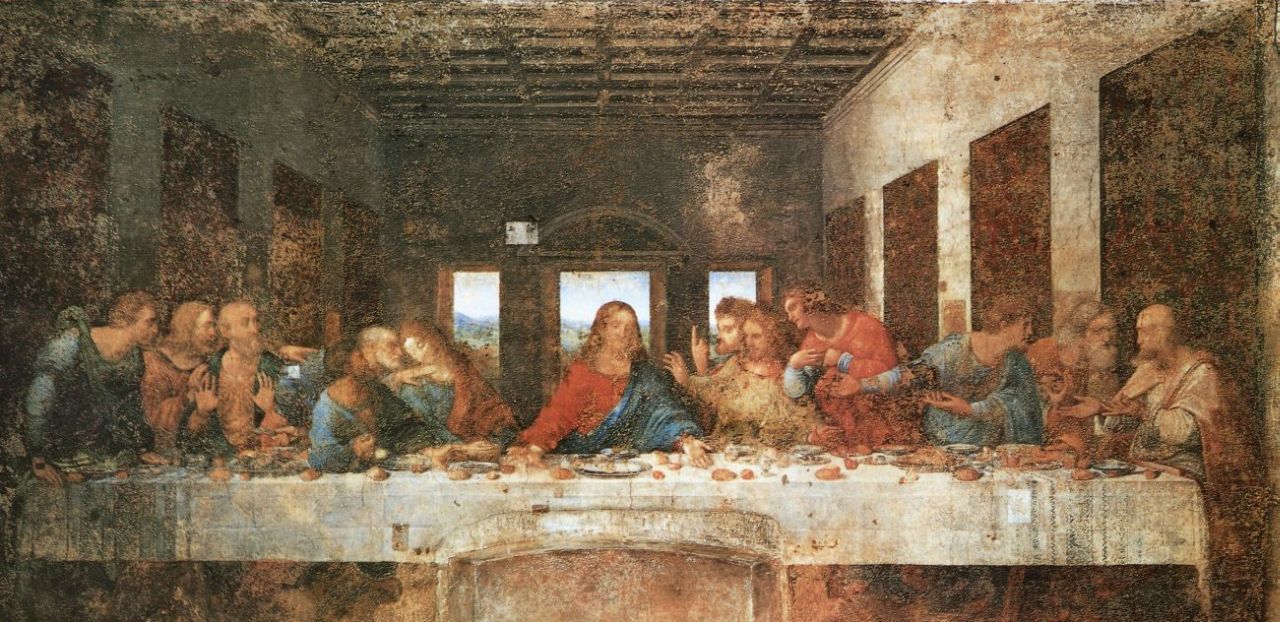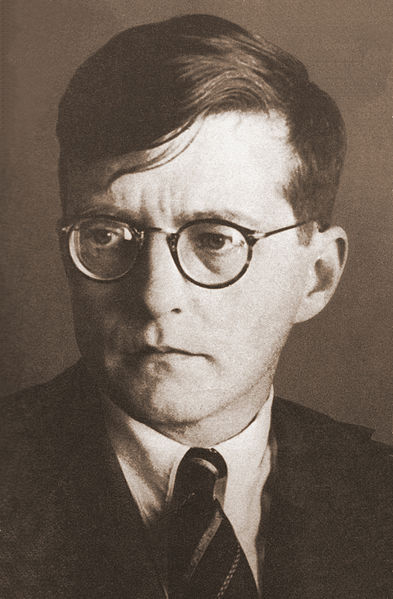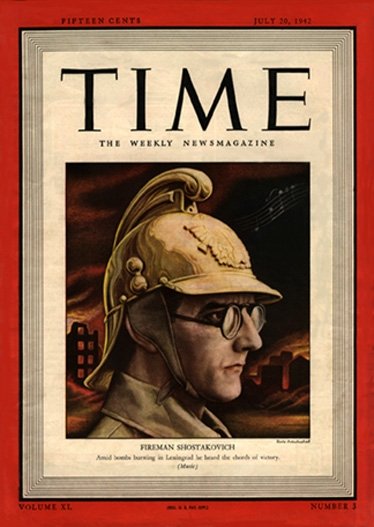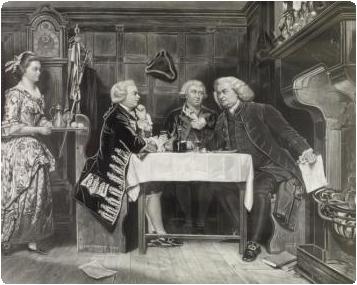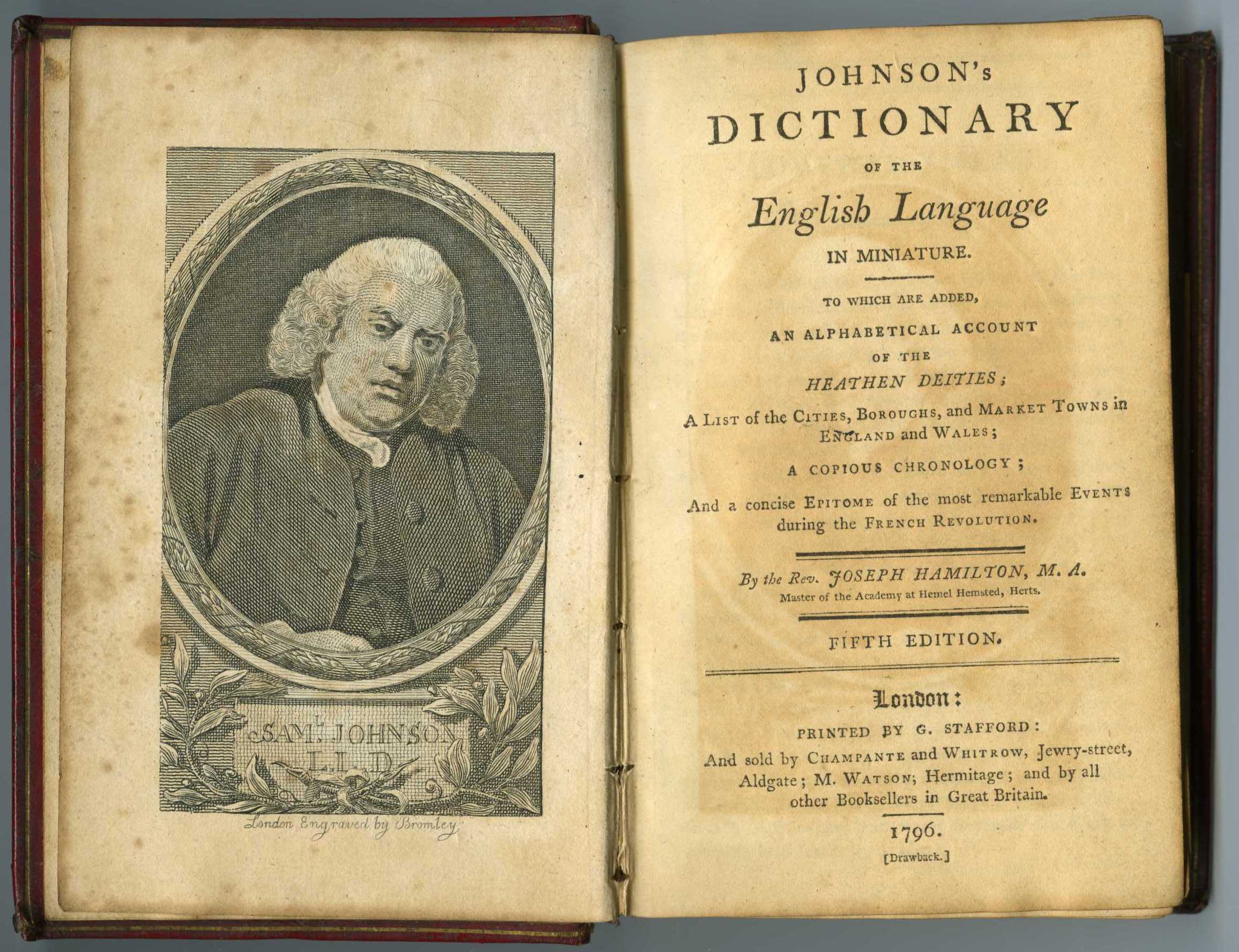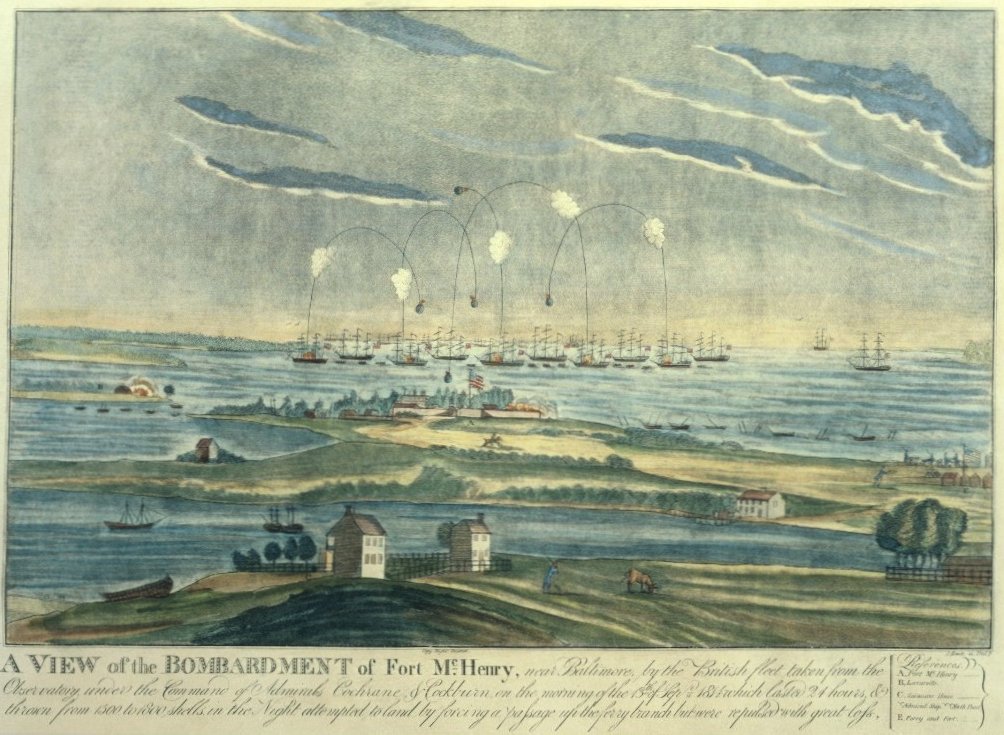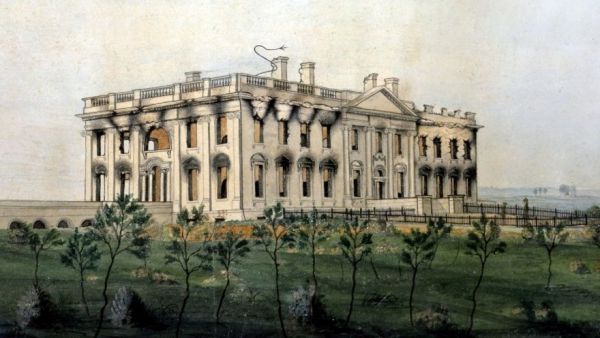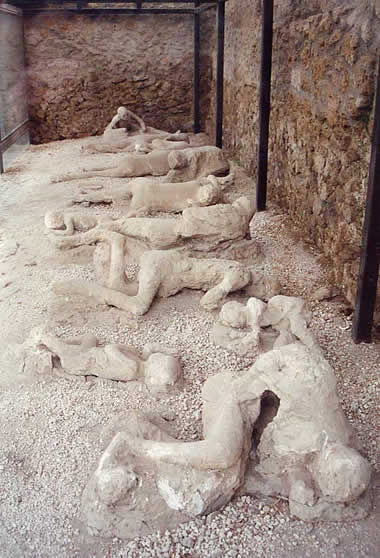For age is opportunity no less
Than youth itself, though in another dress,
And as the evening twilight fades away,
The sky is filled with stars invisible by day.
~ Henry Wadsworth Longfellow, Morituri Salutamus
It is an illusion that youth is happy, an illusion of those who have lost it; but the young know they are wretched for they are full of the truthless ideals which have been instilled into them, and each time they come in contact with the real, they are bruised and wounded.
~ W. Somerset Maugham, Of Human Bondage
When I was young I was amazed at Plutarch's statement that the elder Cato began at the age of eighty to learn Greek. I am amazed no longer. Old age is ready to undertake tasks that youth shirked because they would take too long.
~ W. Somerset Maugham
Experience is a revelation in the light of which we renounce our errors of youth for those of age.
When the loud day for men who sow and reap
Grows still and on the silence of the town
The unsubstantial veils of night and sleep,
The meed of day's labour, settle down,
Then for me in the stillness of the night
The wasting, watchful hours drag on their course,
And in the idle darkness comes the bite
Of all the burning serpents of remorse;
Dreams seethe; and fretful infelicities
Are swarming in my over-burdened soul,
And Memory before my wakeful eyes
With noiseless hand unwinds her lengthy scroll.
Then, as with loathing I peruse the years,
I tremble, and I curse my natal day,
Wail bitterly, and bitterly shed tears,
But cannot wash the woeful script away.
~ Alexander Pushkin, Remembrance
The spiritual eyesight improves as the physical eyesight declines.
~ Plato
So Life's year begins and closes;
Days, though short'ning, still can shine;
What though youth gave love and roses,
Age still leaves us friends and wine.
~ Thomas Moore, Spring and Autumn
But as usual, Shakespeare says it best:
All the world's a stage,
And all the men and women merely players:
They have their exits and their entrances;
And one man in his time plays many parts,
His acts being seven ages. At first the infant,
Mewling and puking in the nurse's arms.
And then the whining school-boy, with his satchel
And shining morning face, creeping like snail
Unwillingly to school. And then the lover,
Sighing like furnace, with a woeful ballad
Made to his mistress' eyebrow. Then a soldier,
Full of strange oaths and bearded like the pard,
Jealous in honour, sudden and quick in quarrel,
Seeking the bubble reputation
Even in the cannon's mouth. And then the justice,
In fair round belly with good capon lined,
With eyes severe and beard of formal cut,
Full of wise saws and modern instances;
And so he plays his part. The sixth age shifts
Into the lean and slipper'd pantaloon,
With spectacles on nose and pouch on side,
His youthful hose, well saved, a world too wide
For his shrunk shank; and his big manly voice,
Turning again toward childish treble, pipes
And whistles in his sound. Last scene of all,
That ends this strange eventful history,
Is second childishness and mere oblivion,
Sans teeth, sans eyes, sans taste, sans everything.
(As You Like It, Act II, Sc. 7)





